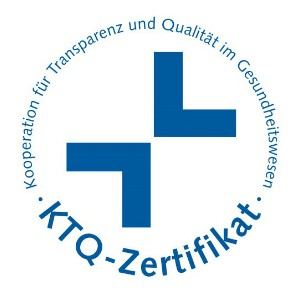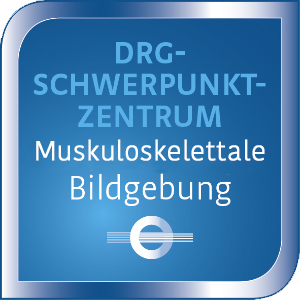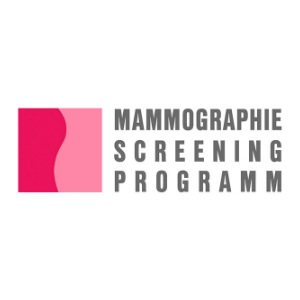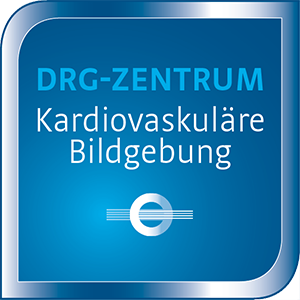Procedure and contraindications for MRI
Procedure for an MRI exam
What do I need to consider?
When would the exam be problematic or impossible?
Contraindications
Contraindications for an MRI exam include:
- Pacemaker
- Cardio-defibrillator (ICD)
- Permanently implanted neurostimulators, insulin pumps, etc.
- Metal splinters in the eye
- Metal splinters in the body near organs, vessels, or nerves
- Dental prosthetics with magnetic mounts (most are not magnetic and therefore not problematic)
- Bypass vessels with magnetic mounts (most are not magnetic and therefore not problematic)
Please clarify with your doctor whether you have any contraindications to the administration of MRI contrast agents. For a heart exam (cardio MRI, cardio CT) no coffee should be drunk on the day of the exam. Do not take any erectile dysfunction medications (such as Viagra) for at least 24 hours before a cardio MRI or cardio CT exam.
It may be necessary to consult with the operator for:
- Cochlear implants
- Aneurysm clips in the head
The exam can be problematic in case:
- Large tattoos in which the inks used contain metal particles that could heat up during the MRI
- Pregnancy in the first trimester. Damaging effects of MRI on the fetus have not been proven, but an exam should nevertheless be performed only in exceptional cases and for an important reason. Administration of a contrast agent should always be avoided during pregnancy except when absolutely necessary in life-threatening situations.
- Patients who suffer from claustrophobia. As a rule, however, these can be medicated in order to make the exam possible. Driving a motor vehicle or active participation in road transportation not possible afterward, however. Therefore, you should bring a companion to the exam.
- When an intrauterine device (IUD, “spiral”) with metal components is used, displacements have been described in the literature. In case of doubt, the gynecologist should be consulted prior to an MRI exam to check for correct positioning after the exam.
The following do not present a problem:
- Prosthetic joints
- Blood vessel stents
- Artificial heart valves
- Wire cerclages (e.g., following heart surgery)
If MRI is contraindicated, computed tomography, another type of X-ray exam, or sonography may be used instead.





